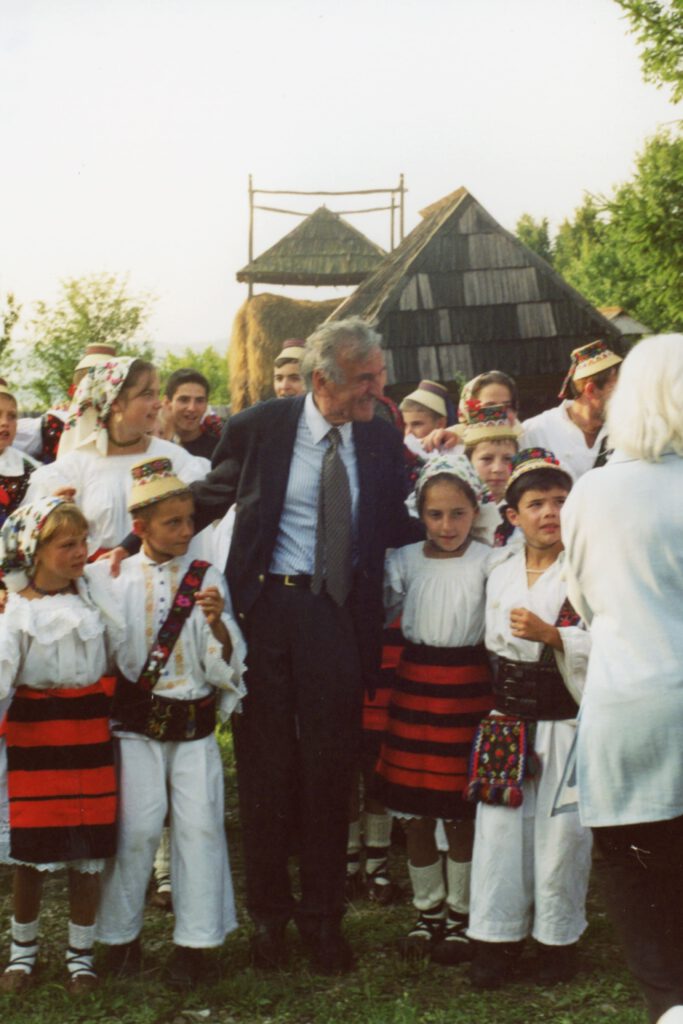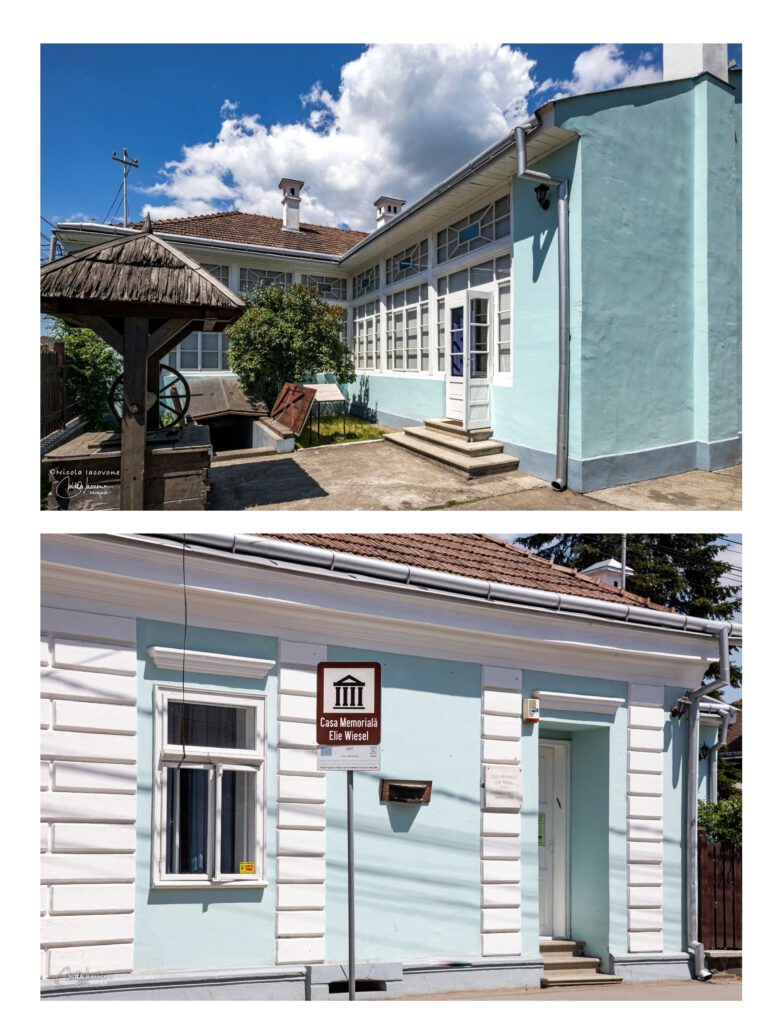The Museum was inaugurated in 2002 to honor the life and activity of Elie Wiesel, as well as the memory of more than 40,000 Jews who lived in the region before the Second World War.
Elie Wiesel was born in Sighetu Marmației on September 30, 1928. He was fifteen when he was deported with his family and the rest of the 38,000 Jews from Maramureș, of which only 2,300 returned. His mother and youngest sister died in Auschwitz. The other two sisters survived. Elie Wiesel and his father were later transported from Auschwitz to Buchenwald, where his father died just before the camp was liberated in April 1945.
After the war, Elie Wiesel studied in Paris and became a journalist, also beginning a literary career with his first book Night. He later emigrated to the United States, where he resided until his death in 2016. In 1980, he became the founding chairman of the United States Holocaust Memorial Council.
He was a constant supporter of the State of Israel, of the cause of soviet Jews, as well as of Nicaragua’s Miskito Indians, Cambodian refugees, the Kurdish people, victims of famine and genocide in Africa, and the war victims in former Yugoslavia, taking sides whenever human rights were ignored.
He wrote 57 books, both fiction and non-fiction, and received over 140 awards including The Nobel Peace Prize in 1986.


